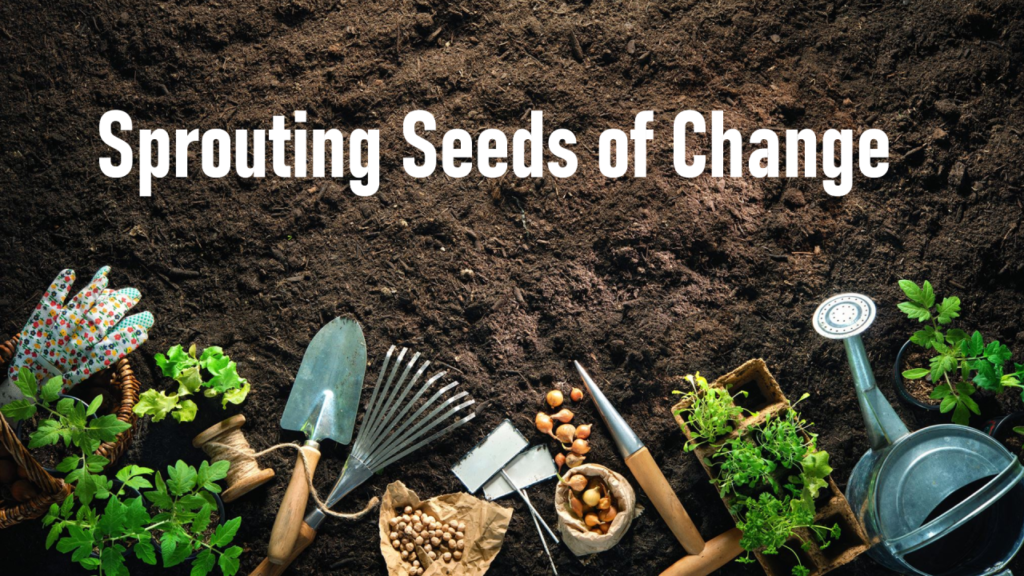Imagine classrooms not confined to textbooks, but thriving gardens bustling with student-grown vegetables. This isn’t a daydream; it’s the practical power of organic farming education in schools. But why is it crucial?
1. Cultivating Sustainability Savvy: From planting seeds to composting, students gain hands-on experience with sustainable practices, fostering environmental awareness and responsible action. #sustainableeducation #gardeningforkids #gogreen
2. Fork-to-Table Understanding: Growing their own food connects students to their plates, promoting healthy eating habits and appreciation for local produce. #farmtotable #healthychoices #eatlocal
3. Science Comes Alive: Organic farming becomes a living laboratory, where students learn about ecosystems, soil health, and the vital role of biodiversity. #STEMeducation #environmentalscience #learningbydoing
4. Life Skills Bloom: Teamwork, responsibility, and problem-solving blossom alongside vegetables, as students collaborate to care for their garden. #lifeskills #leadership #collaboration
5. Future Farmers & Foodies: Early exposure ignites passion for agriculture and healthy food systems, empowering future generations to be mindful consumers and food producers. #sustainableagriculture #futurefarmers #youthleadership
Schools with organic farming programs are nurturing more than just green thumbs; they’re cultivating responsible citizens equipped to address the challenges of tomorrow. Let’s watch these seeds of change sprout into a more sustainable future! #greenerfuture #educationforgood #bethechange #organicfarmingbenefits #schoolgardens #communitybuilding #healthylifestyle #wellbeing #sustainabilitygoals #ecofriendly #gogreen #futureoffood #sustainableliving #eatfresh #gardeneducation

